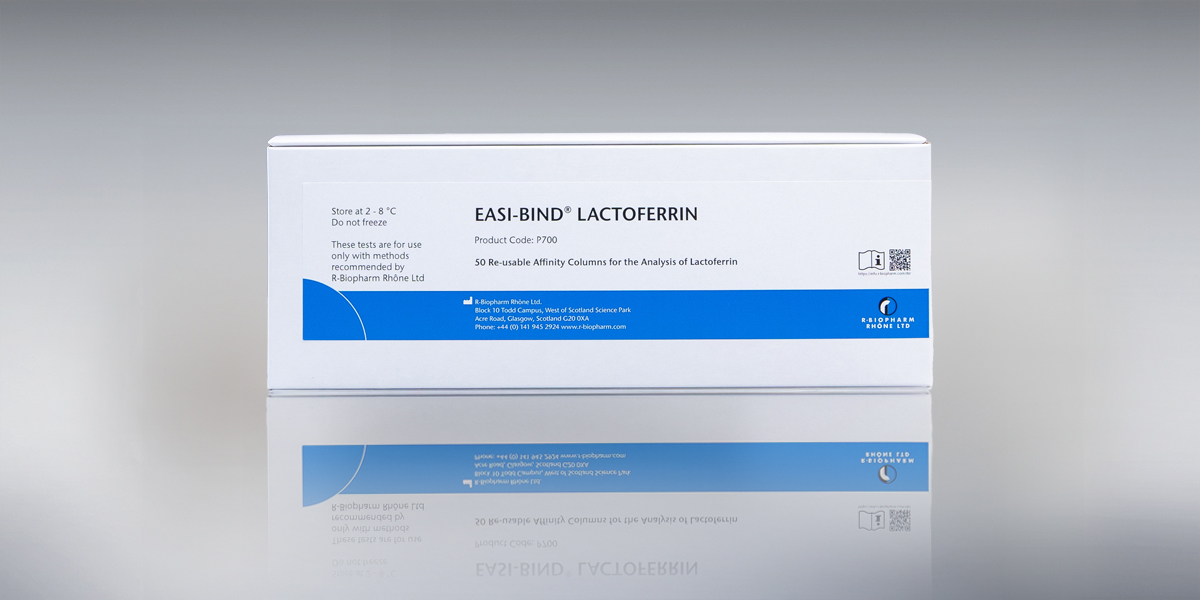
Recent news in Food & Feed Analysis
- Home
- /
- Vegan or plant-based: What’s...
Vegan or plant-based: What’s the difference?

Vegan food is continuing to be one of the biggest dietary trends. For some time now, however, you’ve been hearing more and more about the “plant-based diet”. Is this just a new term for the vegan lifestyle – or is there something else behind it?
What does “vegan” mean?
People who live vegan avoid (usually for ethical reasons) all animal foods such as meat, fish, eggs, milk and honey, but also cosmetics or clothing for which animal products were used in their production. Vegan is thus rather a lifestyle than just a diet. Nevertheless, the vegan diet is increasingly popular and new substitute products such as plant-based burgers, sausages, fish sticks, milk or cheese are constantly appearing on the market. Vegan chocolate, ice cream and gummy bears are also available, showing that “vegan” does not necessarily mean healthy.
What does “plant-based” mean?
The plant-based diet focuses on the health aspect. Plant-based foods such as vegetables and whole grain products form the basis of this form of nutrition, but animal products are not excluded and can complement the meal (in small quantities). Here, as with the “clean eating” concept, it is important that the foods are as unprocessed as possible: Foods that are highly processed and industrially produced are avoided in this diet. Highly processed vegan substitute products such as “plant-based burgers” are therefore not really part of a balanced plant-based diet.
How healthy is the vegan diet?
Limiting the consumption of animal products can have many health benefits. However, many vegan substitutes are industrially produced, highly processed and often have very extensive ingredient lists. This can pose a risk for people with allergies. But even those who do not suffer from allergies or intolerances should look closely, because vegan products are not necessarily the healthier alternative. For example, in a study conducted in 2021, the consumer association Verbraucherzentrale Berlin found that vegetarian and vegan substitute products often contain a lot of salt and numerous additives.
How is it ensured that vegan food is really vegan?
In September 2022, Germany had a recall of a vegan tzatziki that turned out not to be vegan at all. During packaging of the product, there was contamination with a tzatziki containing yogurt. An unpleasant discovery – and a real health hazard for people allergic to milk. To ensure correct labeling, regular checks are essential. PCR tests can detect animal DNA in food and thus verify whether a vegan product is actually vegan.
Allergic people beware:
Vegan does not necessarily mean that a product is free from milk and egg! If a product is not explicitly labeled as “milk-free” or “egg-free”, it may contain traces of milk or egg that can be relevant for people with allergies. For example, the German „Institut für Produktsicherheit“ (IfP) tested 30 vegan foods and was able to detect considerable amounts of cow’s milk protein in seven products (source).


